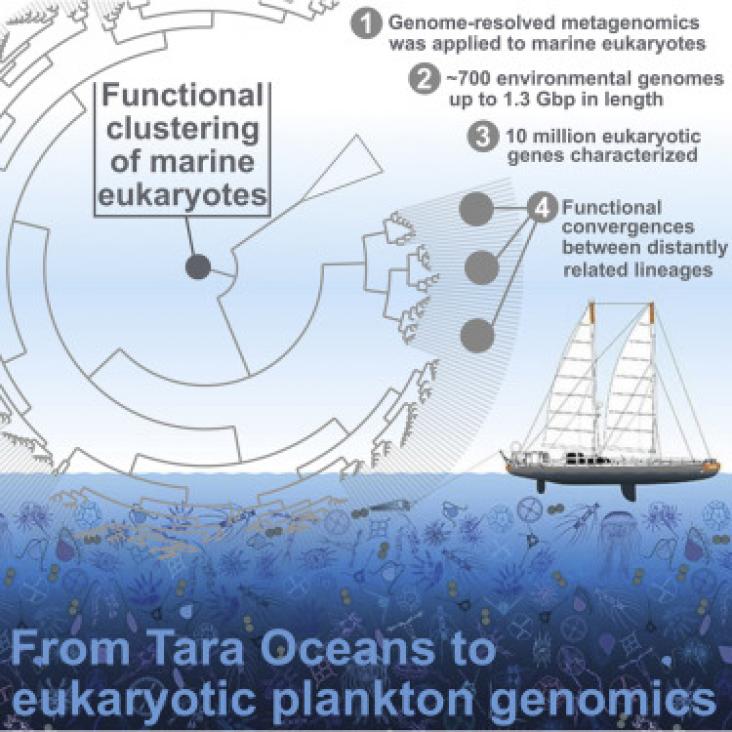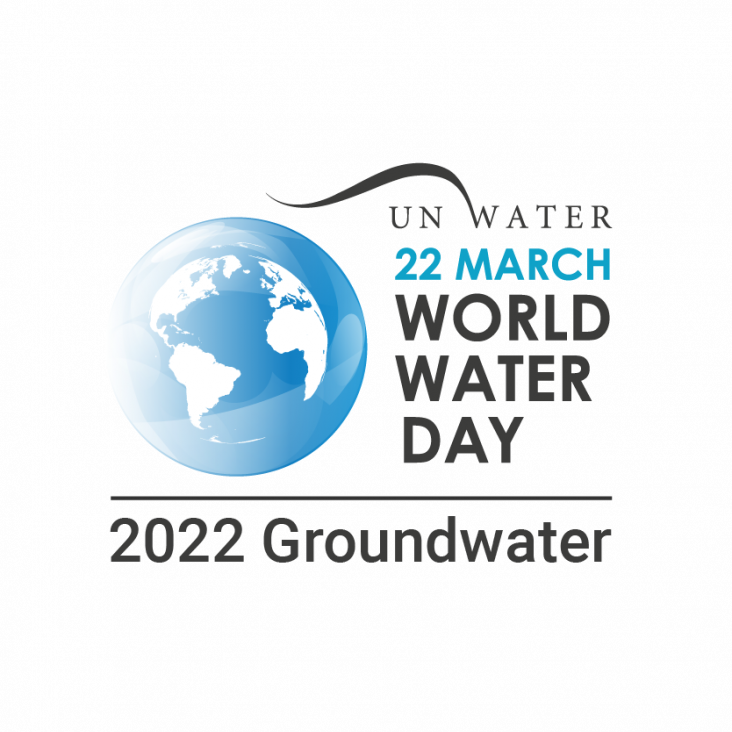Elsevier,
Comparative Biochemistry and Physiology Part D: Genomics and Proteomics, Volume 42, June 2022, 100991
The diseased state in dolphins had metabolic consequences with a shift towards protein degradation. This may constrain the way cetaceans could cope with extra stressors (e.g., human disturbances). Provides insight to how we deal with conservation policies and the impact of stressors on population dynamics.

This article proposes a feasible framework to operate a global market of blue carbon, which helps to mitigate climate change.

Marine plankton occur throughout the ocean and are major functional organisms involved in nutrient production and transfer. This paper surveys the global, sunlit ocean and recovers new genomes of species that are still uncultured and uncharacterized. This highlights the magnitude of yet unexplored ecology and diversity that remains to be discovered within the world’s oceans.
Elsevier,
Microbial Consortium and Biotransformation for Pollution Decontamination, Volume 1, 1 January 2022
This chapter aligns with Goal 6: Clean water and sanitation, Goal 3: Good health and well-being, and Goal 14: Life below water by summarizing different types of wastewater, its effects on freshwater ecosystem, and remedies to reduce the effect of these effluents on freshwater ecosystem and indirectly on humans.
With the continuous development of human society, people's over-exploitation of nature leads to frequent environmental problems.

Aquaculture has been viewed as a potential pathway to healthy and sustainable diets by increasing global nutrient-rich food production while minimizing environmental impacts.

On April 22 every year, we celebrate the anniversary of the birth of the modern environmental movement with Earth Day.
The predicted future climate change can be expected to have an impact on the biogeochemical conditions in pit lakes that must be considered when modelling pit lake water quality. Climate change might e.g., affect temperature and precipitation patterns, which can influence other factors such as water balance, hydrology, limnology, and biogeochemical prediction

World Water Day is on 22 March every year. This year’s theme is ‘groundwater’ and draws attention to the hidden water resource that has always been critically important but not fully recognized in sustainable development policymaking. To raise awareness on sustaining groundwater, Elsevier presents a curated list of publicly available journal articles and book chapters. At Elsevier, we are advancing #SDG6 research and ensuring that #groundwater is sustainably explored, analyzed, and monitored

